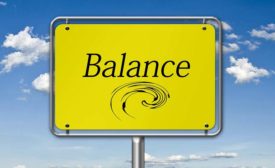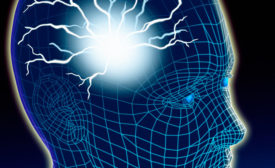Home » mental health
Articles Tagged with ''mental health''
Feeling emotionally attached to work leads to improved well-being
Study shows benefits of “affective organizational commitment”
November 11, 2015
Become a Leader in Safety Culture
Build your knowledge with ISHN, covering key safety, health and industrial hygiene news, products, and trends.
JOIN TODAYCopyright ©2025. All Rights Reserved BNP Media.
Design, CMS, Hosting & Web Development :: ePublishing





